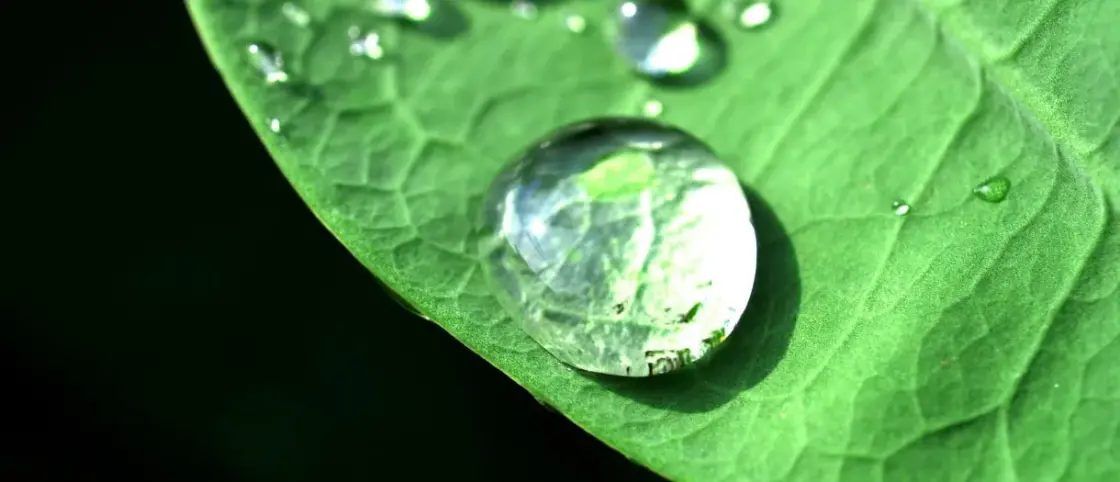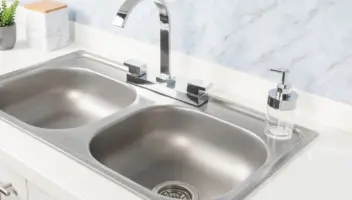The World’s Universal Solvent: How Strong Water Really Is

Water. H20. Aqua. Wasser. Hydration. There are hundreds upon hundreds of ways we put water to good use. Likewise, there are plenty of ways to call water “water.” What about the “universal solvent?”
Water Is the Universal Solvent
Water is commonly referred to as the universal solvent since it has the power to dissolve more substances than any other chemical. Its chemical properties can literally separate substances’ compounds into ions, polarizing some and dissolving others. Isn’t that cool?
Consider how many squares there are in the periodic table. Water can dissolve substances more effectively than each of those chemicals is just one way to acknowledge the sheer strength of it.
Why Salt Dissolves in Water
Consider making pasta as an example. Most people love a good pasta dish, especially when it’s bursting with flavor.
One of the first steps to making pasta is adding salt to a pot of water to dissolve, which allows flavors to stick onto the pasta and give it the flavor properties of cheeses, sauces, spices, vegetables, and more.
Salt dissolving in warm water is a universally accepted way of preparing pasta because of water’s ability to dissolve it quickly and effectively by separating the salt molecules and applying it to the pasta once added. Turn up the heat to boil, and it’ll dissolve even faster. Who would have thought so much chemistry goes into cooking?
Fun With Water Science at Home
Have kids at home? Try a science experiment with them to show them just how special water can be! Another great example of water acting as the universal solvent is its ability to separate things almost effortlessly.
On a shallow white plate or bowl, add a thin layer of water that covers a little more than the bottom of the dish. Then, add a few M&M’s or Skittles, and observe what happens next. Soon enough, the colors will trickle off and form a ring of color around the candy!
Effects of Contaminants & Hard Water
What’s important to note is that while water is the universal solvent, it isn’t perfect. Often water is so contaminated that it takes too long to become optimal for drinking, washing, bathing, or more. The connection between the substance’s ions is so strong that water can’t get it done. For example, salt water you get for illnesses is not meant for drinking, and it’d be wasteful to wish it would someday become drinkable.
Another way to think about this is hard water, which contains multiple undesirable minerals such as chlorine, fluoride, lead, and mercury. “Hard water is one of the most common water quality issues,” states Tim Dunphy, Water Expert at Leaf Home Water Solutions, in an article with The Washington Post.
Tim continues, “To improve water quality, homeowners can invest in a whole home water treatment system based on concerns and specific contaminants in their water supply identified via testing… it’s also recommended to combine a UV disinfection system and a reverse osmosis under sink drinking water system to protect the home from bacteria and viruses.”
In many instances, there are just too many substances for water to act quickly enough to solve all these potential issues. Leaf Home Water Solutions provides custom-built, market-leading home water solutions that combat hard water directly. With over 250 product feature combinations, now’s the perfect time to learn if their water solutions are right for you and your family.


